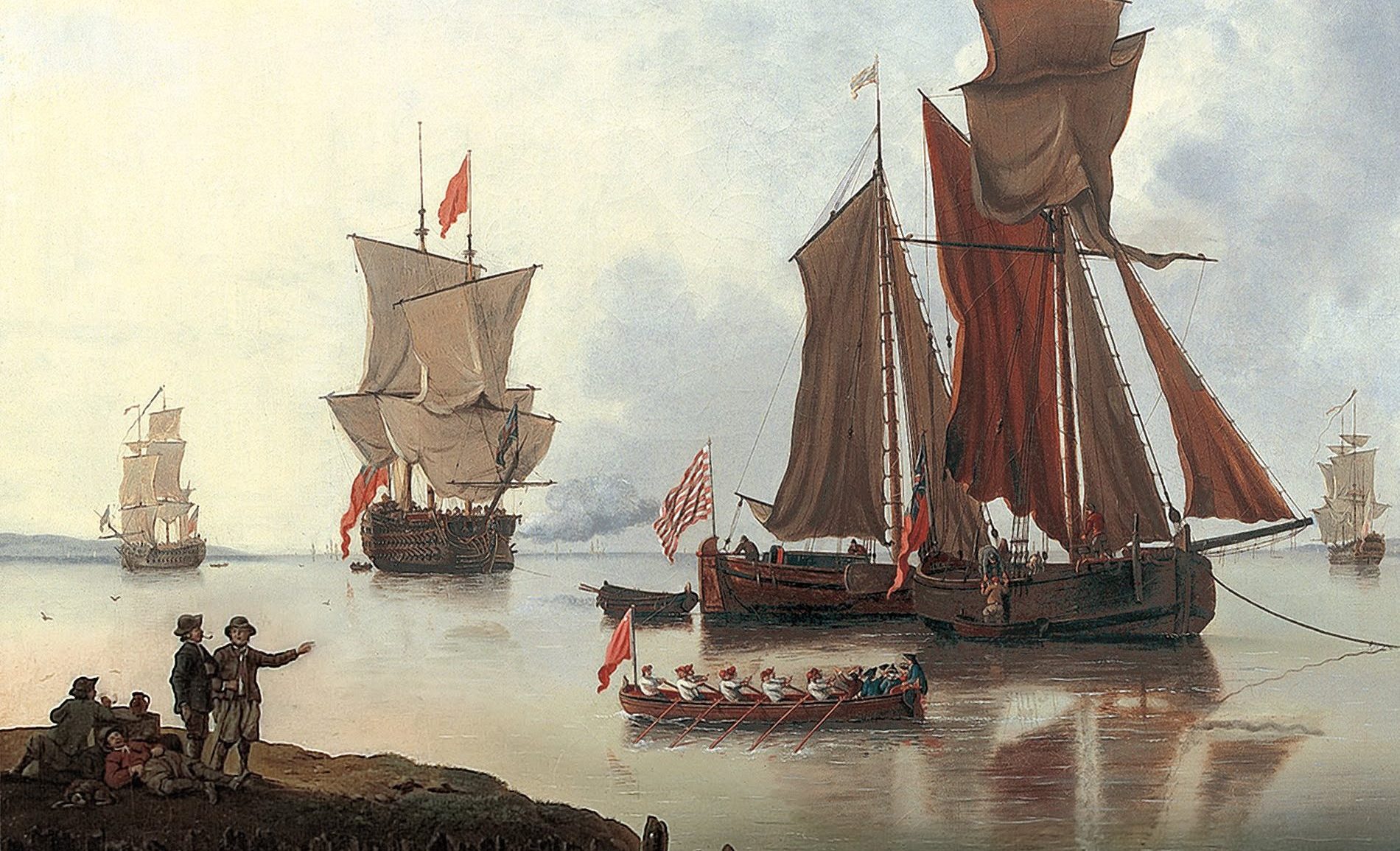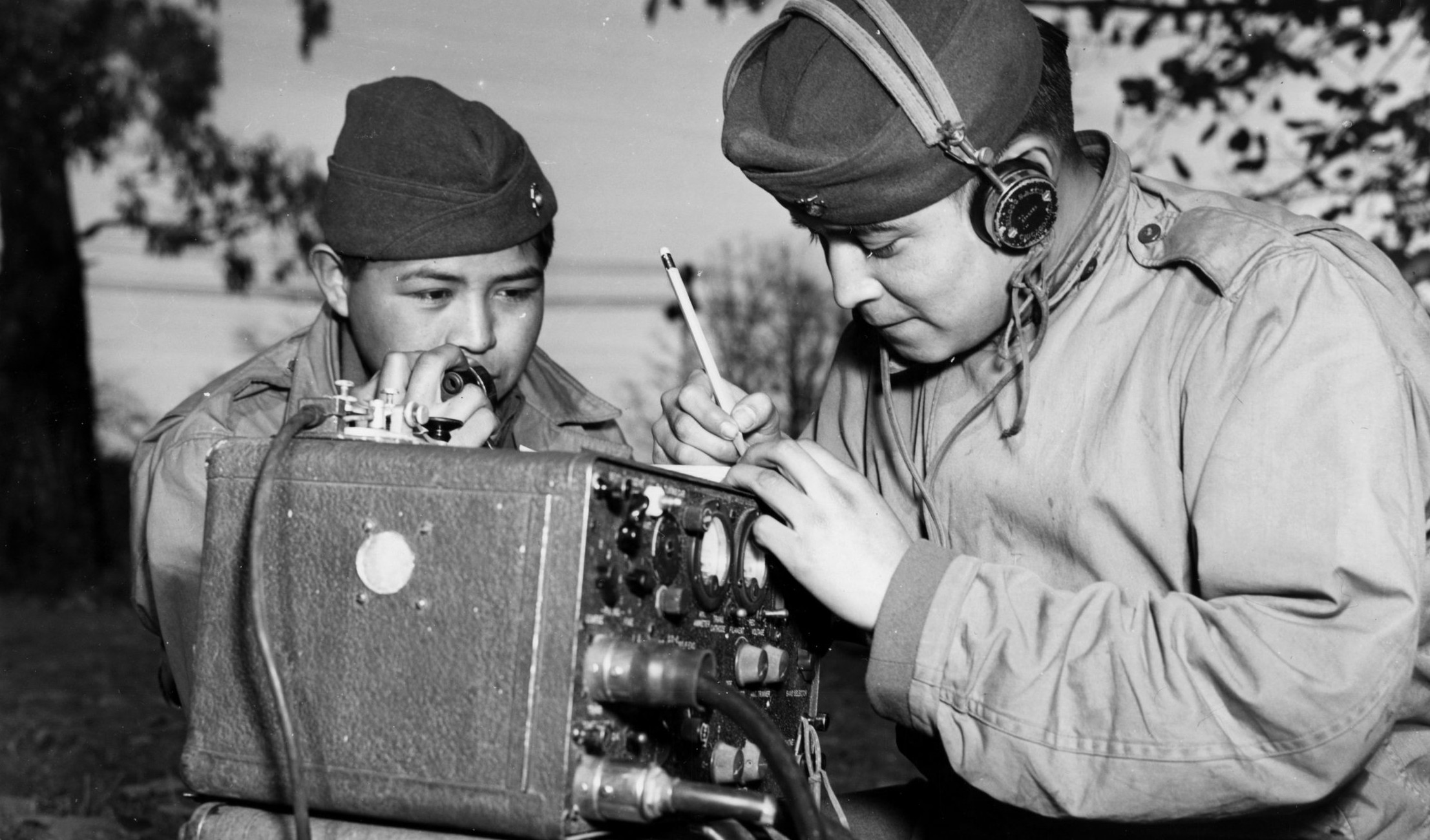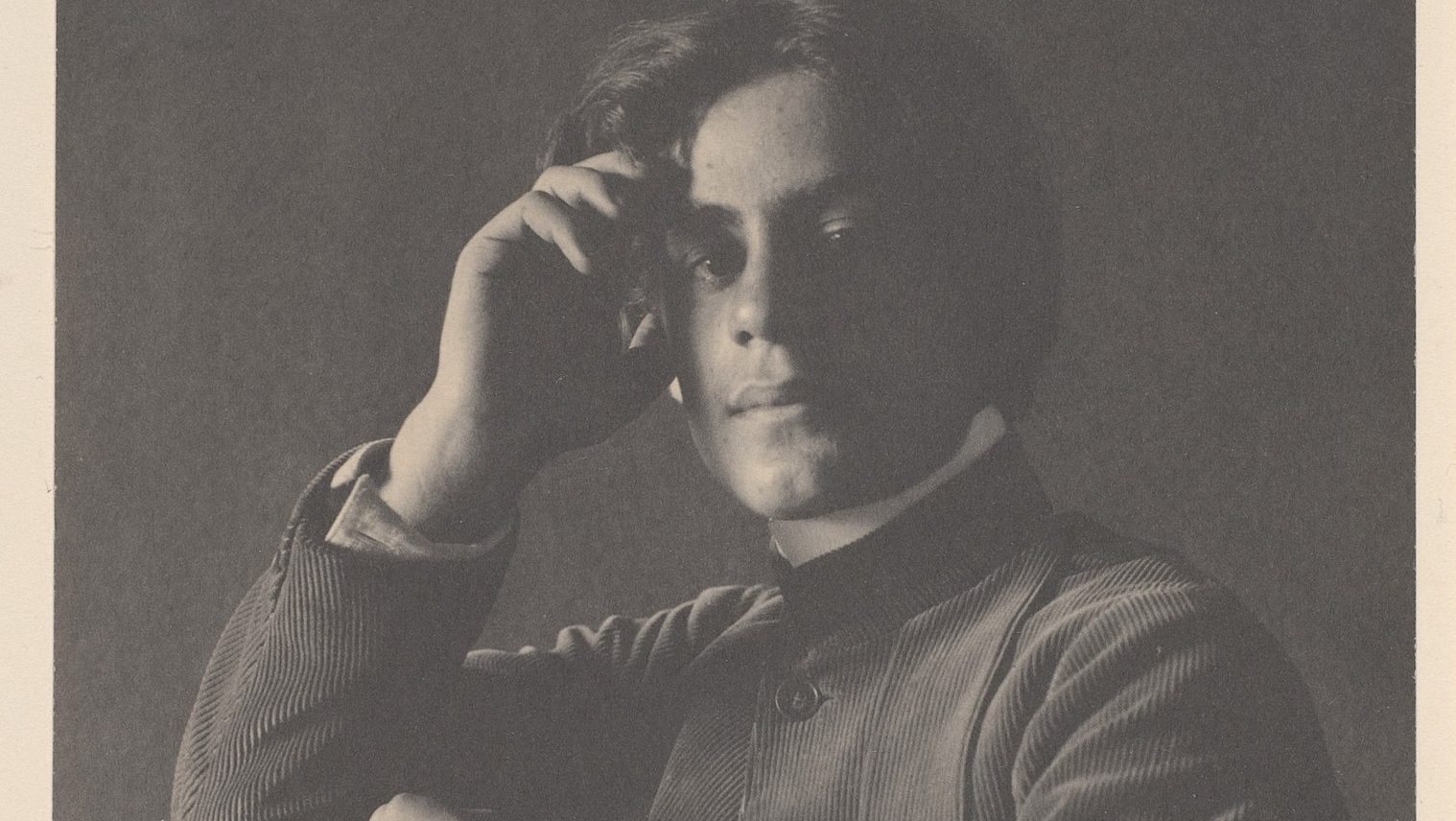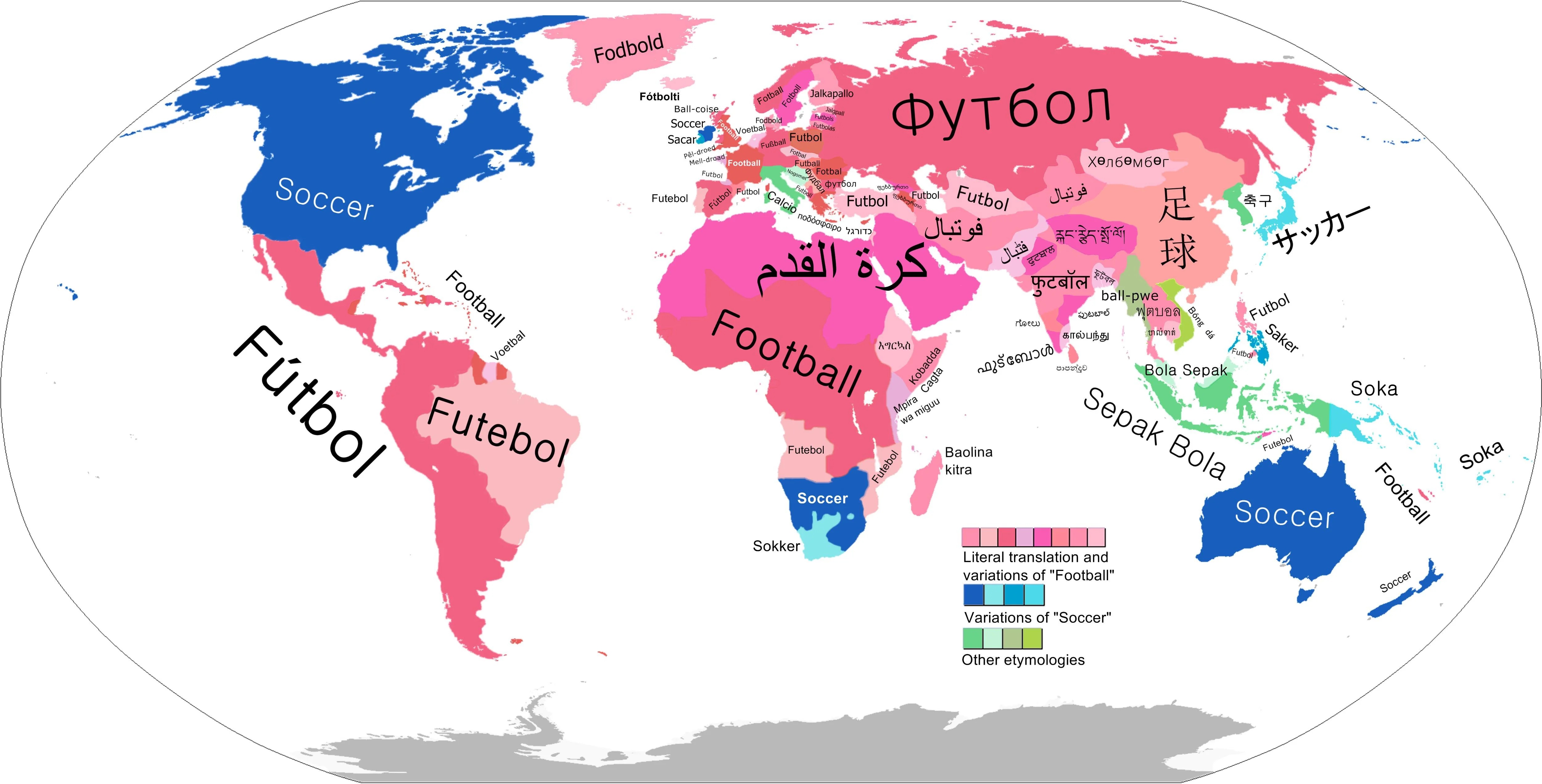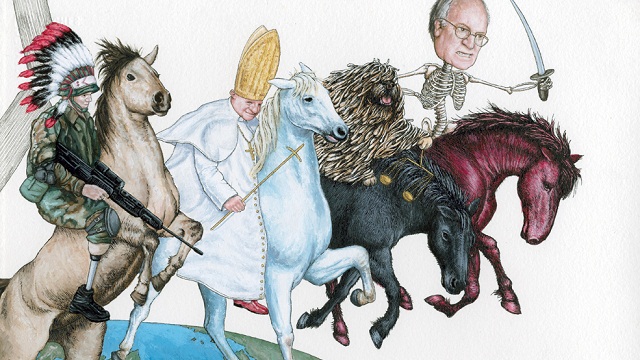How Shakespeare Helped Make English a World Language
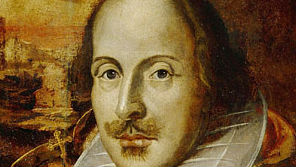
In the ancient world, Latin became the dominant language through the Roman practice of cultural imperialism. Similarly, the international prominence of Arabic grew during and after the Islamic conquests of 632-732 AD.
It was said that the sun never set on the British Empire during the 19th and early 20th centuries. England conquered one quarter of the world’s population, resulting in a period of British cultural imperialism and language imperialism. The economic and cultural influence of the United States after World War Two also greatly added to the dominance of the English language.
This dominance is seen in many ways today. English is the dominant language on the Internet. While French was the European diplomatic language of the 17th century through the middle of the 20th century, English today is the official language of the United Nations and the International Olympic Committee. English has also come to dominate the discipline of science. In 1997, the Science Citation Index reported that 95 percent of its articles were written in English, even though only half of them were written by authors in English-speaking countries.
So what accounts for the global dominance of the English language? The political and economic supremacy of England and the United States is just the beginning of the explanation. For it could be said that while the British Navy secured military victory for the British Empire, Shakespeare’s words were used to secure the peace. For instance, reacting to the horrors of the First World War, a publication entitled English Speaking World called Shakespeare “the greatest stabilizing force in the world…Shakespeare has given us [a] universal language medium in which are crystalized the battle hymns, the intellectual conceptions and the spiritual aspirations of the Anglo-Saxons.”
There were many technological advances that helped the spread and standardization of English, from William Caxton’s introduction of the printing press to England, to the formation of the British Broadcasting Corporation (BBC). And it was through the new medium of film that Shakespeare’s plays were utilized to express the political aspirations of the British Empire, notably Sir Laurence Oliver’s production of Henry V in 1944. Like the King James Bible, the works of Shakespeare are a powerful engine of Britain’s cultural supremacy. More than any other cultural products, these works exerted an enormous influence throughout the world and simultaneously created and reinforced the dominance of the English language.
Next year, as England puts its best foot forward to the world as the host of the Olympic Games, the international dominance of Shakespeare will be on display again, but with a twist. As part of London’s 2012 Cultural Olympiad, all 38 of Shakespeare’s plays will be performed, each in a different language.

